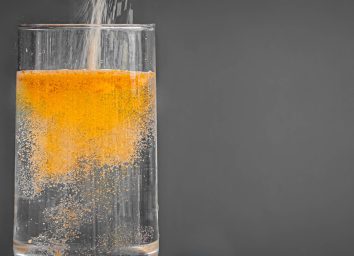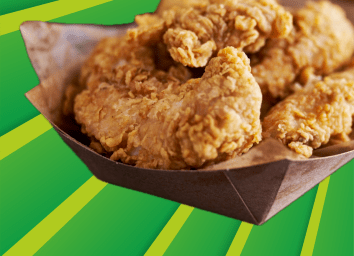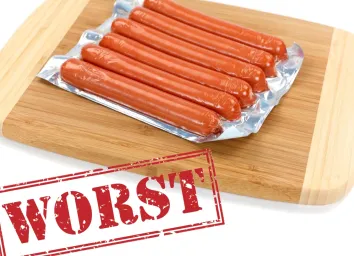What Happens To Your Body When You Go Keto
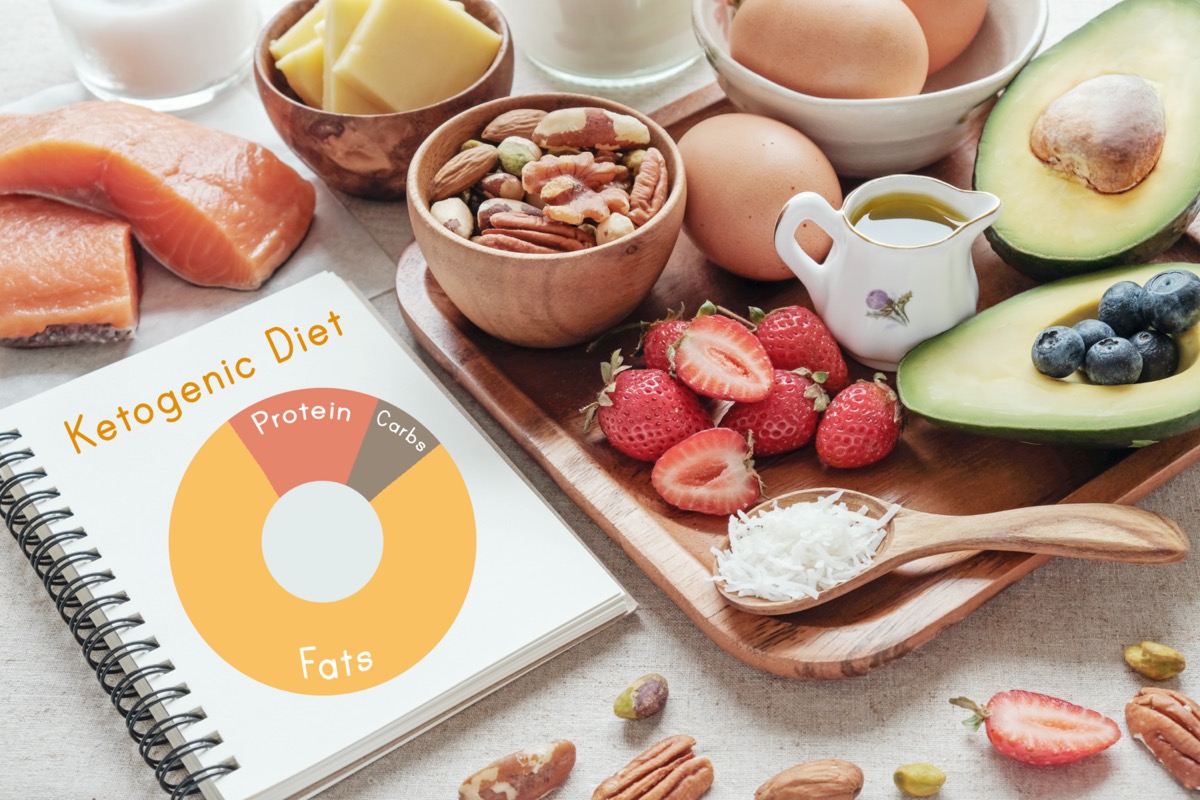
These days, it seems like at least someone in your life has ‘gone keto’ and experienced amazing results. Whether it was a weight loss transformation, an improvement in their diabetes, or renewed energy, many people rave about the keto diet lifestyle. There are various levels of strictness but generally speaking, when you go keto you switch your body from getting energy from carbohydrates to sourcing energy from fat. In return, you lose weight and release fat stores. Registered dietitian and author Bonnie Taub-Dix describes the ideal keto diet macronutrient breakdown as 75% fat, 20% protein, and 5% carbs.
As with any diet shift, putting your body through a keto regimen has pros and cons. Here’s what you need to know about what happens to your body when you go keto, and for more healthy eating tips, be sure to check out our list of 21 Best Healthy Cooking Hacks of All Time.
You may experience the keto flu.

The first week of your keto diet probably won’t feel great since you’re teaching your body to swap out its energy source. Dr. Ryan Lowery, CEO of Ketogenic.com, explains that when you first start lowering your carbohydrates, most people go through a keto-adaptation period or the ‘keto flu.’
“During this time, your body is switching from primarily relying on carbohydrates to now trying to ramp up production of ketones from fat breakdown to supply the main energy,” Lowery says.
You may have brain fog, trouble concentrating, feeling overly tired or lethargic, and sometimes experiencing headaches. It usually only takes a few days to pass, but you can speed up the process by trying intermittent fasting, staying active with exercise to help deplete carbohydrate stores faster, and incorporate coconut oil into your foods to ramp up ketone levels faster to aide in the transition, he recommends.
Here’s Why You Might Feel Sick on the Keto Diet.
You may experience the ‘whoosh.’
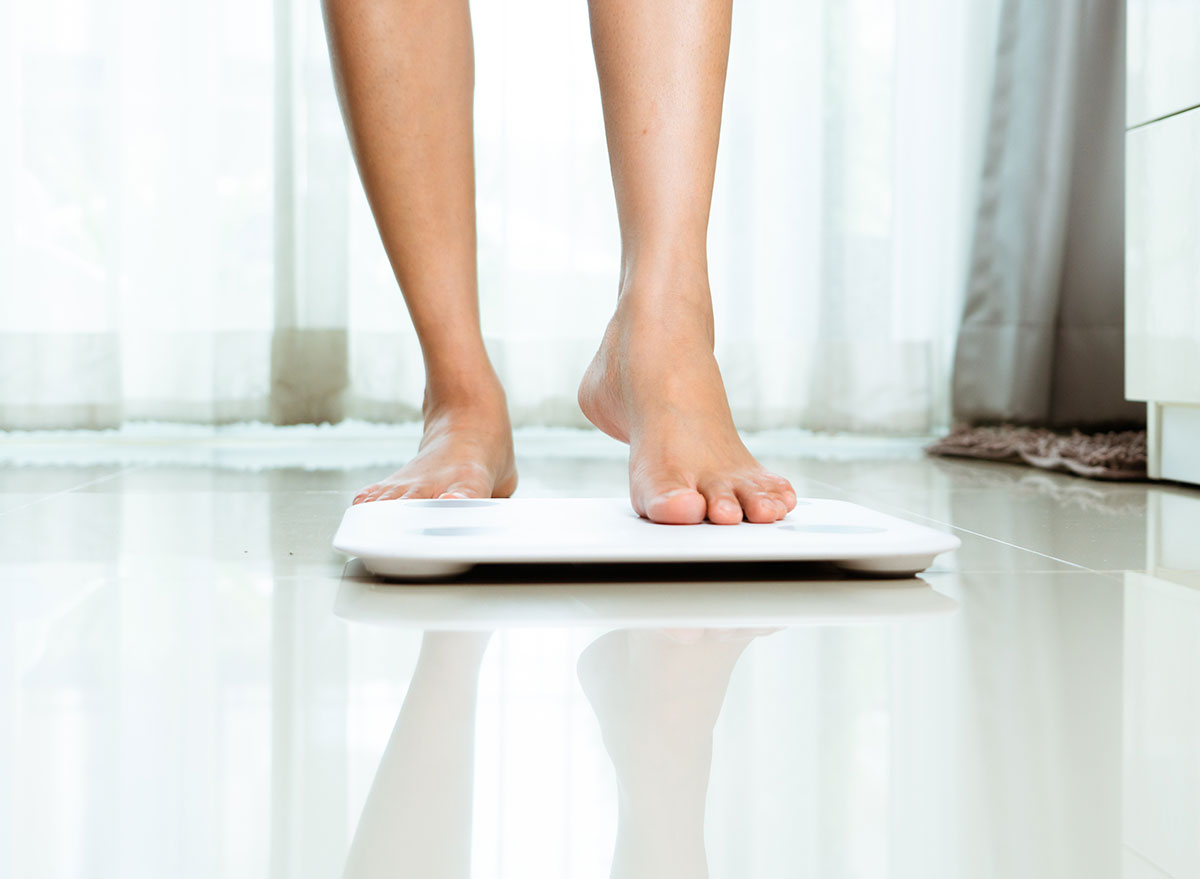
Once you get through the transition period, you may experience what many call the ‘whoosh’, according to Rami Abrams, author and co-founder of Tasteaholics and the Total Keto Diet App. This is when you lose a surprisingly large amount of weight in the first two weeks. It’s important to remember this isn’t fat loss, but rather water weight.
“Many people get discouraged when this miraculous weight loss rate doesn’t continue—but you should know that rapid fat loss is not healthy,” says Abrams. “Keto allows you to lose pounds in a healthy, steady way that won’t negatively impact your health.”
Once you get started, here are 5 Ways To Master the Keto Diet, According To Experts.
You may lose weight easily.

Once you get past the initial dramatic water weight, you will start to burn fat, since ultimately, that’s the goal of keto. As Melissa Rifkin, MS, RD, CDN explains, you will likely drop pounds when you increase your utilization of body fat stores for energy. And with a low-carb diet, your body releases less insulin into your bloodstream.
“While insulin is necessary for the absorption and utilization of carb, a high amount of circulating insulin can make weight loss more challenging,” says Rifkin. “Therefore, a very low carb diet will require less insulin, which may make weight loss easier.”
Here are 8 Healthy, Low-Carb Grains For Low-Carb Dieters.
You won’t get ‘hangry’ anymore.

When you go too long in between meals, you start to feel shaky, easily irritated and overall, blah. This results in a state of ‘hanger‘ that requires you to eat something ASAP. This symptom is a sign of poor metabolic health and can be helped by adopting a keto diet, according to Tara Garrison, a ketogenic diet specialist and personal trainer.
“When you go through a phase of the ketogenic diet, you train your body how to easily tap into its own fat stores for fuel when incoming food supply is short. That way, your body doesn’t hit the panic button when blood sugar starts to drop,” says Garrison. “It just easily transitions into a state of nutritional ketosis and doesn’t negatively impact your mood. This also significantly increases your ability to make good food choices when you are hungry.”
You’ll decrease inflammation.

According to Garrison, when your body metabolizes fat for fuel, it doesn’t release free radicals, or oxidative stress, in the body, which happens when we eat inflammatory carbohydrates. In addition to that, ketone bodies themselves block something called the NLRP3 inflammasome, an immune system receptor linked to inflammation. So, you could feel less bloated and thinner throughout the keto process.
You could experience hydration or kidney issues.

Losing weight? No more ‘hanger’ vibes? It all sounds rosy, but there are some drawbacks. One of the biggest is staying hydrated and supporting our kidney function. Because of keto’s limited diet, people tend to eat a mostly protein and fat-rich diet, explains Maria Sorbara Mora, RD, author, and executive director of Integrated Eating Dietetics Practice.
“This demands your kidneys to work harder, which means changes in hydration levels. Cutting carbohydrates means letting go of massive amounts of crucial water in the body,” says Sorbara Mora.
When this is happening, you may experience constipation, nausea, headache, fatigue, irritability and cramps. Also, high protein diets increase your risk of kidney stones and gout. In fact, those with kidney disease are told to steer clear of keto-based eating for this reason.
Not sure how much water you should be drinking? Here’s How to Make Sure You’re Drinking Enough Water While You’re Stuck at Home.
You may have gut issues.
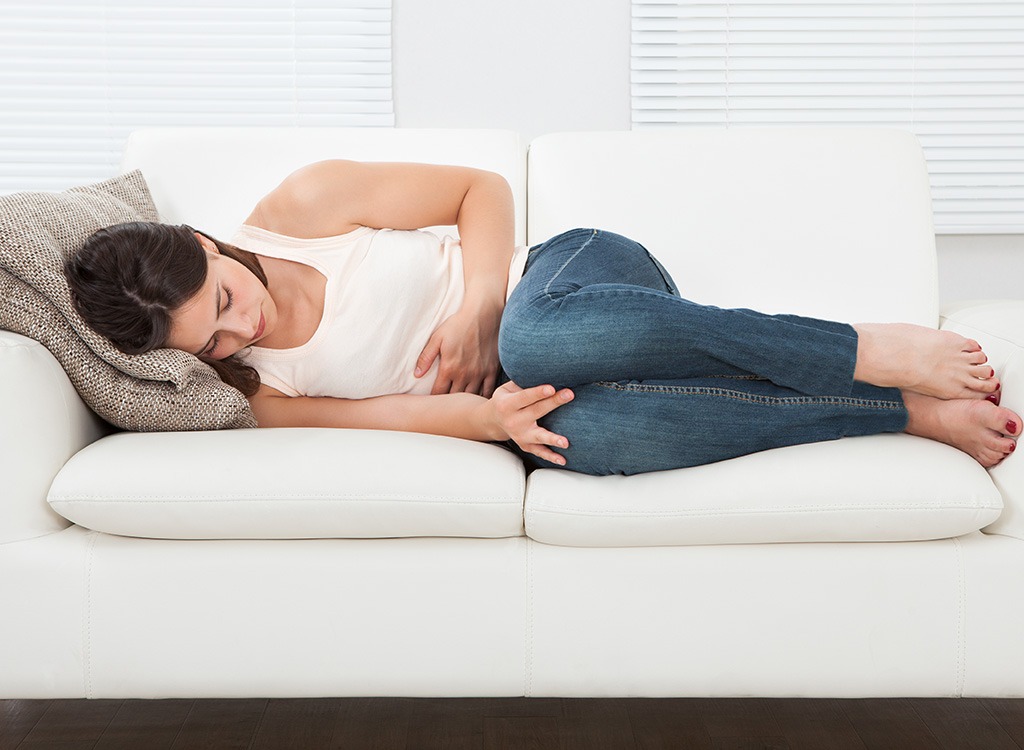
Another drawback, according to Sorbara Mora, is gut distress. This is largely due to cutting out major food groups, which in return, don’t provide our gut with the variety of bacteria it needs to be balanced and healthy. Plus, when you’re on a keto diet, you decrease foods high in fiber such as fruits, grains, and legumes.
“Fiber is essential for gut health as these foods contain inulin that is prebiotic food for microorganisms,” she says. “GI issues such as colitis, Crohn’s, or IBS are more likely to occur without associated bacterias.”
Still not sure if you should go keto? Here are The Real Risks and Rewards of Going Ultra-Low Carb.

